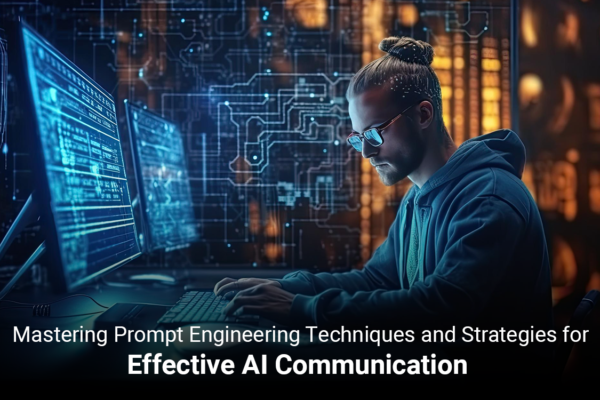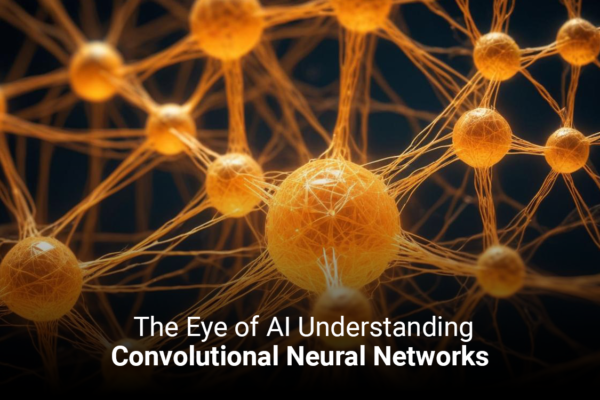As the Bletchley Park Summit concludes, the AI discussion is gaining heat worldwide. Top leaders, Entrepreneurs, and Policymakers discussed the future of AI and what consequences it would bring. The idea behind the summit was to get all the leaders at one table to discuss – “Is AI a friend or a foe”?
The summit received widespread acclaim as it could bring the Chinese and US diplomats to one table. Furthermore, the event was enhanced by the presence of Ursula von der Leyen, the President of the European Commission, US Vice President Kamala Harris, and tech entrepreneur Elon Musk, who participated in the discussions. The summit concluded with “The Bletchley Declaration,” signed by 28 countries, the US, the UK, and China. The declaration focused on global coordination and regulation around AI safety. The summit is considered a crucial initial move towards establishing international standards for risk mitigation.
Here are the key takeaways from the summit:
The Bletchley Declaration
The declaration outlines intentions for increased transparency among AI developers regarding safety measures and encourages more collaborative scientific efforts to comprehend the risks associated with AI. This achievement is being celebrated as a significant milestone in uniting global AI leaders to address the potential threats AI poses in everyday life, particularly concerning misuse and unintended deviations from human intent.
What AI Means to Democracy and Human Rights
During her speech, US Vice President Kamala Harris drew attention to the negative consequences of AI, such as discrimination and the spread of misinformation, and the challenges it poses to democracy and its impact on vulnerable communities. Harris underlined the importance of dealing with potential threats of AI and how it adversely affects the marginalized population and democratic systems. Her comments indicated a strong emphasis on AI ethics and safeguarding consumer interests from the US government.
Is AI Getting Out of Human Control
Elon Musk, CEO of Tesla and SpaceX, has consistently expressed his apprehensions regarding the possibility of AI surpassing human control. He said, “So, you know, we’re not stronger or faster than other creatures, but we are more intelligent. And here we are, for the first time in human history, with something that will be far more intelligent than us.” While Musk aspires to steer the responsible development of AI, he acknowledged the possibility that controlling such an entity may prove beyond our reach.
AI Doesn’t Possess any Significant Harm.
During the AI summit, Mustafa Suleyman, co-founder of DeepMind, a UK-based AI company acquired by Google and now its central AI division, said, “There is no proof today that cutting-edge models like GPT-4 … cause any significant or disastrous harms.” He emphasized the need to consider this question within the next five years: – Do AI models present significant harm?
Conclusion
As prominent contenders such as the US, EU, and China compete for supremacy in AI, it is evident that a high-stake technological competition is in progress. While the UK summit prioritized collaboration and safety, every country aspires to shape the regulations of AI and align them with their specific economic and political objectives. With Bletchley’s declaration, these competing powers have the opportunity to curtail the unrestrained advancement of AI.























